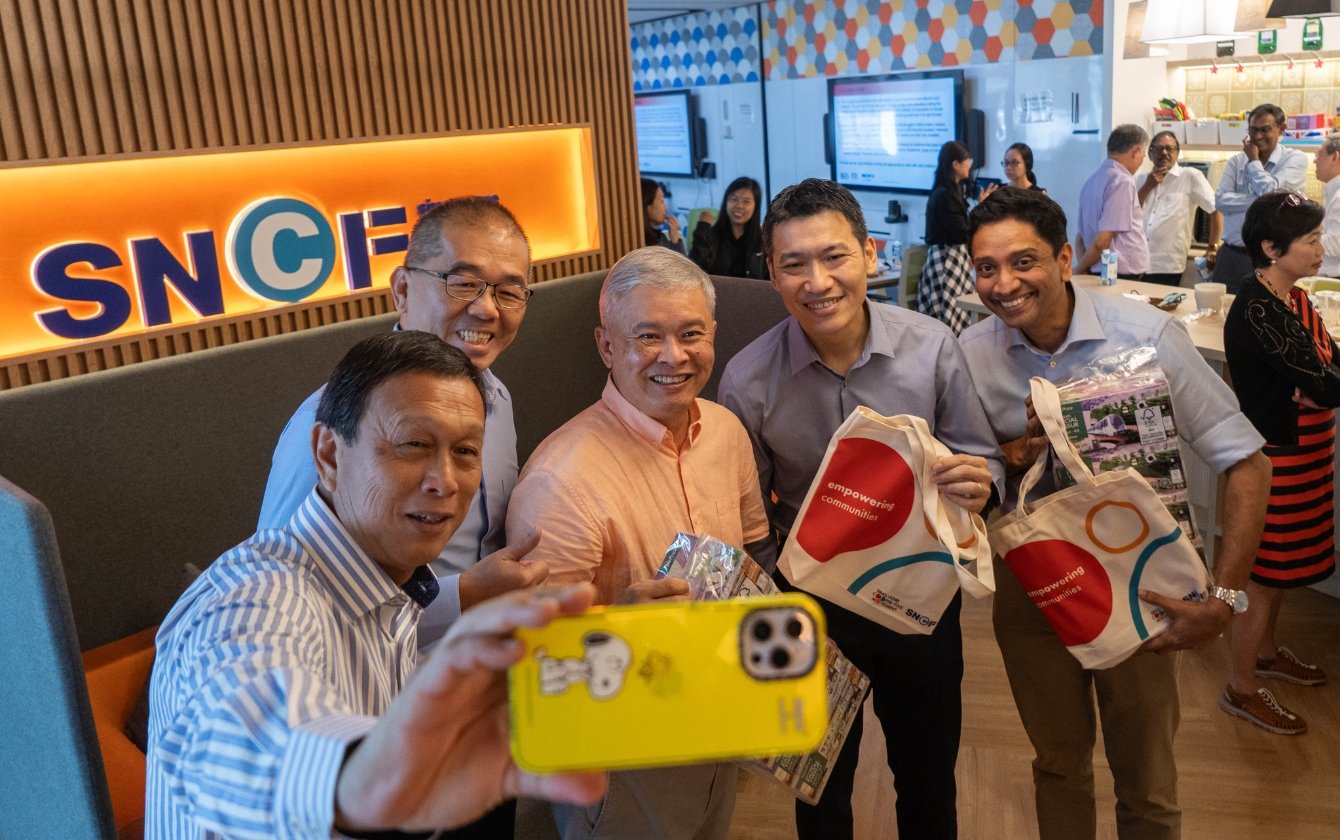

September 2025 Issue: Co-operator Newsletter Quarterly September 2025
Why Co-operatives Deserve a Bigger Role in Singapore’s Future

In a time of rising living costs, shifting work norms, and growing interest in community-led solutions, co-operatives remain one of Singapore’s most overlooked structures.
What is a Co-operative?
A co-operative, or co-operative societies, is a type of business that is owned and controlled by its members, who share a common goal or need. Instead of prioritising profit for shareholders, co-ops focus on meeting the shared needs of the people who use, work for, or benefit from the services they provide. More often than not, co-operatives in Singapore are hidden in plain sight.
Co-operative Societies in Singapore

Co-operatives are not new to Singapore. There are 75 registered co-operatives in Singapore here today, quietly supporting communities across healthcare, eldercare, retail, security, and worker welfare. Some are decades-old institutions. Others are newer and more experimental. In fact, the three oldest credit co-operatives, which operate like banks and offer thrift and loan services to their members, will be celebrating their centennial anniversary this year. Taken together, they show what collective action can look like in practice.
At NTUC FairPrice, for instance, co-operative principles are applied at scale. Profits are returned to members through rebates and community programmes. FairPrice also plays a stabilising role in the cost of living, absorbing price shocks during crises and offering budget-friendly options for families.
Elsewhere, you’ll find smaller but equally impactful co-operatives. Silver Caregivers Co-operative empowers caregivers looking after the elderly loved ones, providing peer-led training and mutual support networks. Runninghour Co-operative, started by fitness enthusiasts, creates inclusive running events for people with special needs, pairing them with volunteer guides. The Singapore Tenants United for Fairness (or SGTUFF), formed during the COVID-19 pandemic, advocates for small business tenants and negotiates collectively on their behalf.
Co-operatives are community-built and community-owned. Each one answers a different need, but all share the same foundation: people banding together, pooling risk, and designing systems that serve them directly.
Modern Relevance: Co-ops for Housing, Sustainability, and Youth?

Co-operatives can also speak to the aspirations and anxieties of a new generation. In areas like housing, sustainability, and gig work, they offer frameworks worth exploring.
Consider the housing market. Rising prices and squeezed supply have made homeownership a source of anxiety, especially for younger Singaporeans. A housing co-op model, while still unconventional here, could offer an alternative path. In a housing co-operative, a member buys shares in a collective that owns the property. The share lets him live in a unit and take part in decisions. When he moves, he sells his shares, sometimes at a fixed price to keep things affordable. Such a collective may be considered in an under-utilised or older estate.
Or look at the growing interest in sustainability. What if a group of residents in a mature estate formed a green co-operative, installing solar panels on rooftops and using shared savings to fund community gardens or cooling systems? These ideas are not impossible; they are already taking shape in other cities. Singapore has the capacity to adapt and pilot such models, especially with targeted support.
Co-operatives also speak to the aspirations of younger generations. Many want to do meaningful work, but also crave flexibility, purpose, and community. Worker co-ops or youth-led co-ops could be seeded within creative, care, or service industries; these offer collective agencies in sectors where individual workers often lack power.
When Co-operatives Disappear, People Notice

For all their potential, co-operatives remain under-discussed in public discourse. Few are taught about them in schools. They are rarely mentioned in economic strategy papers. Even during crises, when co-operatives often step up to support the vulnerable, their efforts go largely unnoticed.
Ironically, it was only when a long time co-operative faced the threat of disappearance that public interest surged. Many questioned what would be lost if the said insurance co-operative, built on decades of mutual trust, were to corporatise. Both the media and netizens' comments were quick to comment and express their sentiments. The strong reactions showed that co-operatives still hold deep emotional and symbolic value, when people realise they might be taken away.
By naming and supporting co-operatives more actively, we do more than diversify our economy. We model a new kind of participation. We move beyond being passive recipients of care and become co-creators of the systems that serve us.
Singaporeans Must Also Take Part
Singapore has never been afraid to try bold, practical solutions. We have built from scarcity, planned across generations, and mobilised communities at scale. If we are now serious about building a more inclusive, resilient, and participatory society, then we must also be ready to grow the models that enable those values.
But Singaporeans must play a part too. We cannot always wait for top-down solutions. Small gestures, such as shopping at co-operatives, supporting ground-up initiatives, forming mutual aid groups, or even learning how co-operatives work, can all help shift the culture from passive consumption to active participation.
In this, co-operatives are already here. Or as Singapore's Prime Minister Lawrence Wong highlighted in his second National Day Rally: "To keep Singapore going, we must be a 'We-First' society."
By Sng Ler Jun


